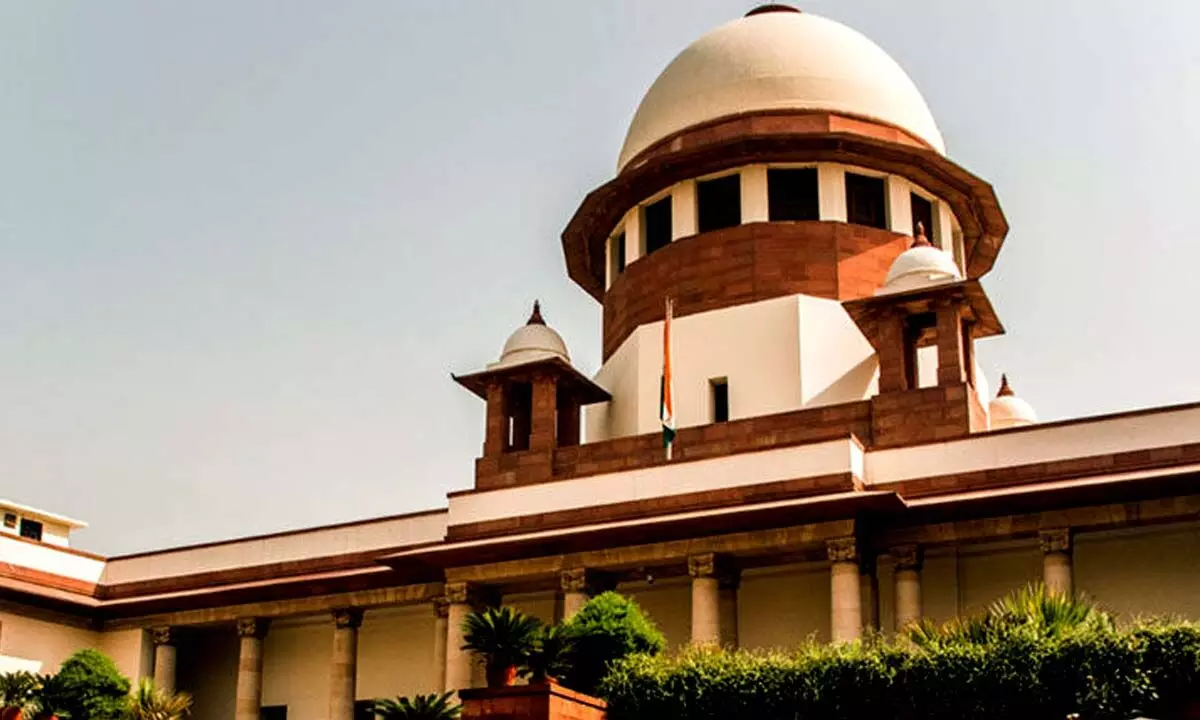Judicial Moral Censure
Several High Court and Supreme Court judges have made remarks reflecting personal or social morality in cases concerning live-in relationships, same-sex relations, surrogacy, and divorce.
Judicial Moral Censure in Recent Judgments
- Allahabad HC: A judge stated that live-in relationships lack social sanction and emphasized the need to protect moral values.
- SC Justice BV Nagarathna: Observed that a single mother having a child outside marriage is not the societal norm.
- Chandigarh HC: One judge called same-sex relationships "immoral," while another ruled that liberty cannot come at the cost of social fabric.
- Calcutta HC: Controversial remark on adolescent girls controlling their sexual urges.
Constitutional vs. Personal Morality
- The judiciary's increasing moral censure creates a chilling effect on individuals with alternative life experiences.
- Navtej Singh Johar judgment (2018) decriminalized same-sex relationships, showing that law is evolving, yet moral judgments persist.
- Courts should uphold constitutional morality over personal or societal morality.
Subjectivity of Morality in Personal Sphere
- Morality is not absolute; cultural norms vary across India:
- Maternal uncle-niece marriages are considered normal in South India but taboo elsewhere.
- Polygamy is outlawed for Hindus but permitted for Muslims and some tribal communities.
- Polyandry exists in certain tribes like Todas in Tamil Nadu.

Law and Morality: A Necessary Separation
- Law is based on pure reason and must not be dictated by subjective moral standards.
- Society progresses through rational innovation rather than rigid traditions (Bertrand Russell).
- Scientific temper (Article 51A(h) of the Constitution) requires challenging fixed notions to respect individual autonomy.
Role of Judiciary in a Constitutional Democracy
- Courts must be the last hope for individuals seeking justice, not instruments of moral policing.
- Judges should empathize with diverse individuals and adjudicate based on constitutional principles, not personal beliefs .












